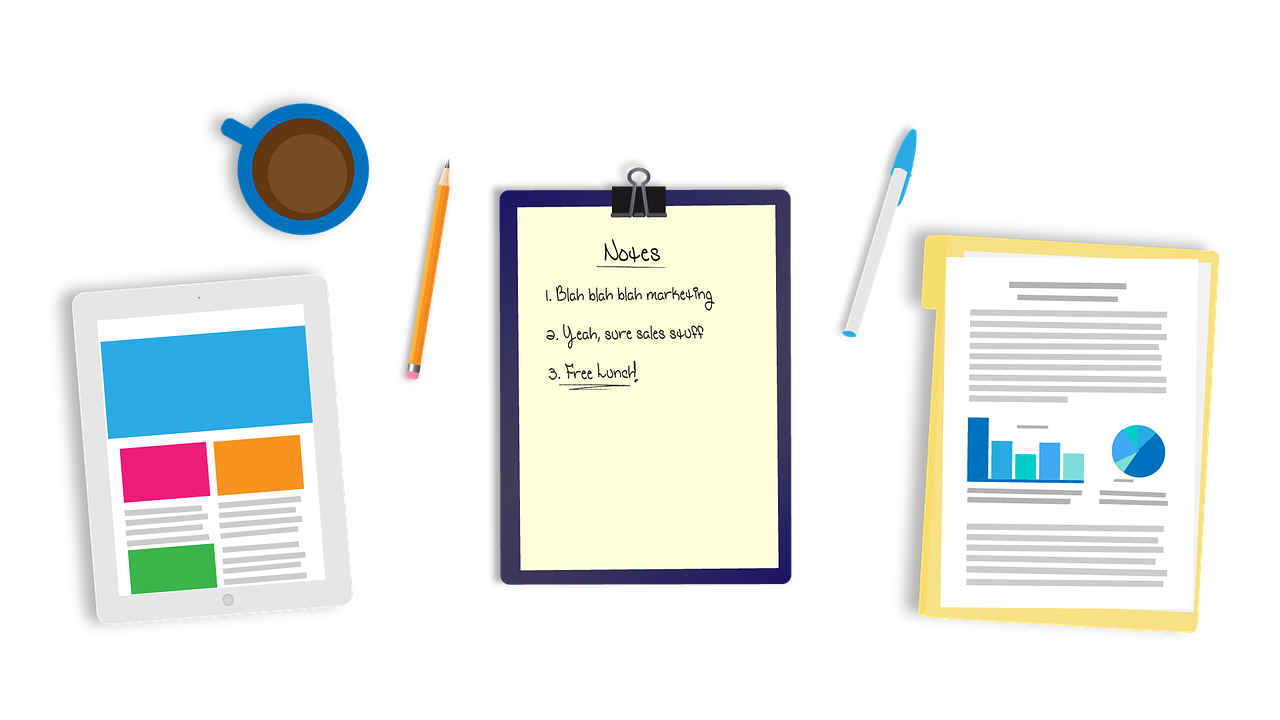We’ve shared many theories, how-to guides, analytics, and tips on our blog regarding event marketing. Today, we’ve decided to take your strategy to a whole new level with an event marketing plan example as an excellent way to get you started.
An event marketing plan example is essential for event marketers without any knowledge. Also, you might be in this niche for a while now. Still, the template might introduce some key issues you have overseen up to this point. So, let’s get right into it!
The Ultimate Event Marketing Plan Example In 2021
There’s no one-size-fits-all when it comes to event marketing strategies. So, you might use the following event marketing plan example as a base and further develop it according to your needs and preferences.
Here’s what an event marketing plan should include at its core.
Event Basics
First things first, you need to define the event basics:
- Name
- Date and Time
- Location or Venue
- Other details
Goals and Target Market
Once you’ve described your event in the simplest way possible, it’s time to outline what you aim to achieve with it. Event goals and target market are two essential components of an event marketing plan example.
Your event goals should be as specific as possible and reflect actual targets. For example, you can state, “Achieve at least 30% return visitation by contacting the visitors from the two previous events.”

You can divide your target market, the people you wish to attract as clients, into a primary and secondary group, depending on how important they are to you. Then, it would be best if you defined these groups as precisely as possible, covering all aspects such as age, gender, income brackets, tastes and preferences, where they are from, and what they like.
Event Branding and Key Messages
Before spending any of your resources on your event marketing strategy, you should define the key messages you will use consistently across your marketing campaign. Sure, they might differ from one event to another. However, they still need to support your company’s core values and mission statement.
You will project a key image or identity to your target market. The brand is essentially how you represent yourself and how your customers perceive you. What gives you a competitive advantage or makes you unique? What are the qualities that define your company?
At this point, you should define the event logo and motto. You should also choose colors, images, and patterns to be used across the entire event marketing strategy, online on social media platforms, and offline.
For instance, your key message might be: “Your exclusive chance to hear the expert opinion of [Name of Guest Speaker]” or “Book early as tickets are limited.”
Key Stakeholders
The event marketing plan example also includes all people concerned with your event, aka event stakeholders. At this point, you should think of all customers, employees, partners, sponsors, guest speakers, affected residents or businesses, and so on.
Once you identify the stakeholders, you should establish the communication channels. Who will communicate with them, when and how?
The best way to organize this section within your event marketing template is using a table. You specify all stakeholders in the first column and answer the variables (their role, communication methods – hows, whens, and whos) in the following ones.
Marketing Efforts
An event marketing campaign is all about, well, marketing. So, you must specify all tools, expertise, resources, and timeframes regarding marketing efforts.
At this point, you can go for offline options, such as word of mouth, billboards, flyers, guest speakers, magazines, newspapers, or the radio, and even develop a loyalty/return visitation program. You can also use online tools, such as your website, blogs, forums, social media platforms, ads, and so on.

Here’s what information you can include in your event marketing plan:
- Launches, announcements, public relations
- Website and digital media stats (current situation and goals)
- Social media content plan (including all platforms)
- Email marketing plan (consider an automated tool)
- Printed collateral (posters, flyers, newsletters)
- Paid advertising plan (online and/or offline)
- Media plan (short term and long term)
- Your partners’ marketing plan
- Anything else you see fit
Furthermore, you need to set out your event marketing evaluation plan or how you will check the effectiveness of your efforts. At this point, you should think in terms of:
- Number of tickets sold
- Actual responses to special promotions
- Type of media received
- Customer feedback (forms and surveys)
- Social media analytics
- Phone calls/email inquiries/website traffic
- De-briefs
Event Marketing Plan Summary
Now, even though you have different sections with detailed explanations of your event marketing efforts, it’s best to structure all your content in one place. The most efficient method is using Excel or another spreadsheet for the summary.
For example, you can specify the timeframe (week or months) in the first row. Then, you can list all marketing efforts in the first column. Finally, you can specify the goal you have for each marketing tool at a specified time (where the row and column intersect). You can develop your website in January, go live in February, update blog content in March, etc.
Event Marketing Budget
At last, you need to specify your event marketing budget within the event marketing plan example. Here, you need to identify all forecast income and expenses related to the event. You can further extend the spreadsheet you have set before, adding a specific column for the budget.

It would be best if you plan your expenses. This way, you will execute all tasks that come your way and realize your event marketing goals. Without a plan, you will take on excessive risks, which ultimately might lead your business to fail.
Develop Your Own Event Marketing Plan Example
An event marketing template should include several key components: event goals, target market, budget, marketing campaign, or key messages. However, there is not one event marketing plan example that can satisfy the needs of all businesses.
So, it would help if you took this event marketing plan example as a starting point. Then, add your own sections and remove ones that don’t apply to you.



